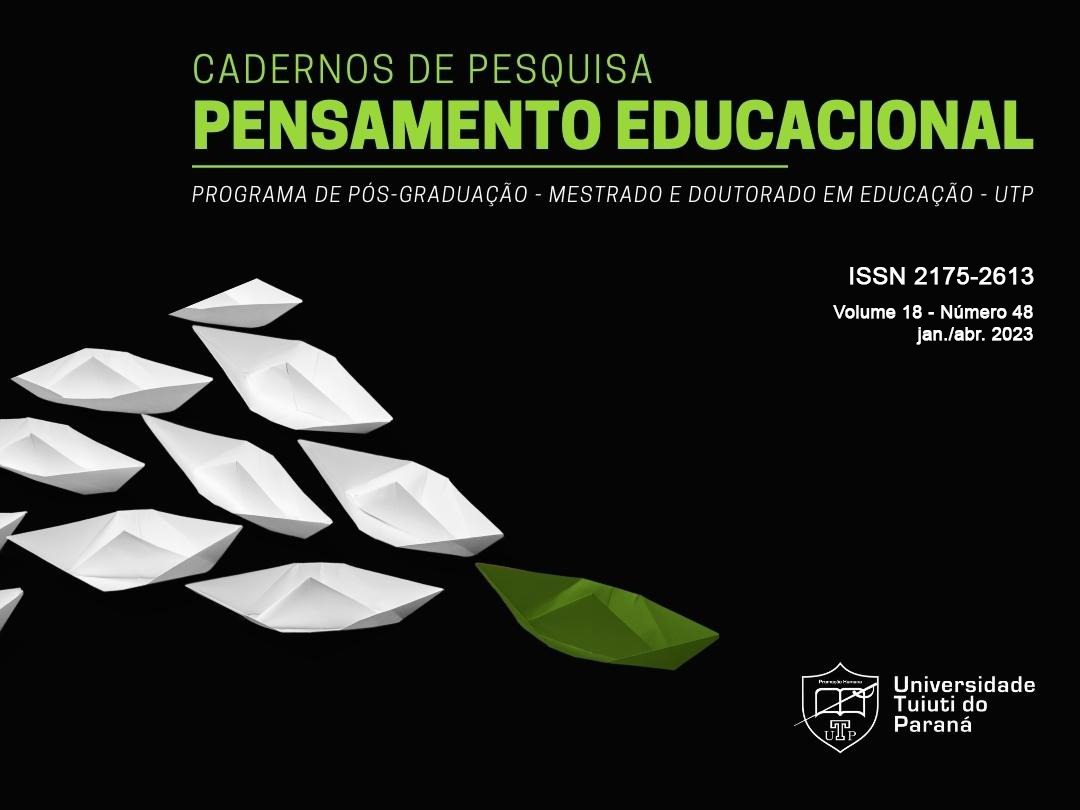Ecossistema educomunicativo e cultura digital: potencialidades nos espaços escolares
Resumo
Este artigo apresenta resultados encontrados em pesquisa que indagou sobre a Educomunicação pensada no contexto da cultura digital e tem como objetivo contribuir para a discussão da Educomunicação e sua relação com a cultura digital. Com o desenvolvimento de tecnologias digitais que proporcionam comunicação e conectividade, bem como o atravessamento da sociedade pela cultura digital, faz sentido pensarmos nas contribuições e que trazem para a educação. Nesse sentido, é preciso refletir sobre como vivenciamos a cultura digital e suas potencialidades educativas nos espaços escolares. A cultura digital criou um novo modelo de consumidor midiático mais ativo, participativo, coautor e criativo e, além disso, viabilizou o nascimento de um produtor de conteúdo e influenciador digital conhecido como Youtuber: o produtor de conteúdo da mídia social YouTube. Nesse sentido, algumas questões surgem: como podemos olhar para o fenômeno dos youtubers e encontrar critérios para fortalecer práticas pedagógicas baseadas no diálogo, criatividade, criticidade e aprendizagem colaborativa? Como a compreensão desse fenômeno pode nos ajudar a construir um ecossistema educomunicativo nos espaços escolares? A pesquisa foi realizada com uma abordagem documental do tipo netnográfica utilizando a codificação de dados qualitativos como técnica de análise buscando elucidar possíveis conexões entre Educomunicação e cultura digital. Os dados foram coletados do canal do youtuber Felipe Neto. As conclusões possibilitam avanços sobre a discussão a respeito da construção de ecossistemas educomunicativos em espaços escolares considerando o contexto da cultura digital.
Palavras-chave: Educomunicação. Cultura digital. Ecossistema educomunicativo
Copyright (c) 2023 Ademilde Silveira Sartori

This work is licensed under a Creative Commons Attribution-NonCommercial 4.0 International License.
- Autores mantém os direitos autorais e concedem à revista o direito de primeira publicação, com o trabalho simultaneamente licenciado sob a Licença Creative Commons* que permite o compartilhamento do trabalho com reconhecimento da autoria e publicação inicial nesta revista.
- Autores têm autorização para assumir contratos adicionais separadamente, para distribuição não-exclusiva da versão do trabalho publicada nesta revista (ex.: publicar em repositório institucional ou como capítulo de livro), com reconhecimento de autoria e publicação inicial nesta revista.
- Autores têm permissão e são estimulados a publicar e distribuir seu trabalho online (ex.: em repositórios institucionais ou na sua página pessoal) a qualquer ponto antes ou durante o processo editorial, já que isso pode gerar alterações produtivas, bem como aumentar o impacto e a citação do trabalho publicado (Veja O Efeito do Acesso Livre).
- Esta revista proporciona acesso público a todo o seu conteúdo, uma vez que isso permite uma maior visibilidade e alcance dos artigos e resenhas publicados. Para maiores informações sobre esta abordagem, visite Public Knowledge Project.

*Esta obra está licenciado com uma Licença Creative Commons Atribuição-NãoComercial 4.0 Internacional.


